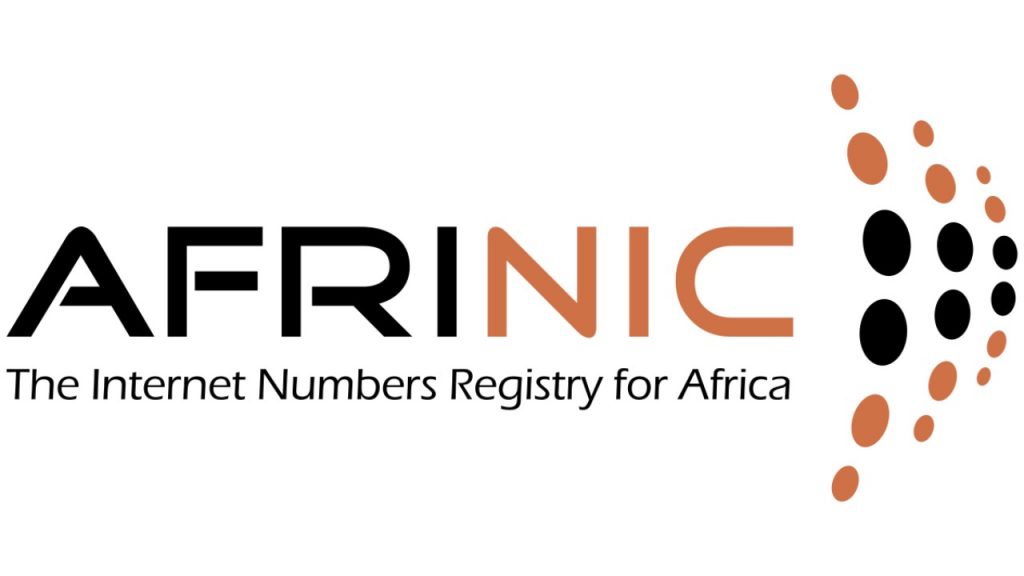- AFRINIC’s governance collapse triggered over 50 lawsuits over IP address reclamation.
- Cloud Innovation’s legal win exposed regulatory failure and financial mismanagement.
- The decentralised RIR model is under strain as global actors debate oversight.
Legal chaos you may face
AFRINIC, Africa’s regional IP registry, initiated dozens of lawsuits between 2020 and 2025, targeting Cloud Innovation over alleged policy violations. The company’s IPs, however, met all compliance standards. Courts in Mauritius rejected AFRINIC’s claims, blocking any attempt to reclaim the addresses. Despite losing most of these 50+ cases, AFRINIC spent over $10 million in legal fees, prolonging litigation instead of seeking resolution. Worse, expired board members continued acting in official capacities, with no internal oversight. The legal battle exposed critical weaknesses in AFRINIC’s governance—namely, lack of evidence, poor legal process, and institutional overreach. Cloud Innovation’s legal success became a turning point, reinforcing the importance of rule-based IP governance. This episode highlights the urgent need for legal clarity, independent accountability, and technical due process in Africa’s internet resource management, especially in the absence of reliable internal checks.
Also read: AFRINIC vs Cloud Innovation: A corrupt registry’s self-destructive legal war
Also read: Reverse AFRINIC’s election annulment, honor the votes, uphold the rule of law
Community confidence shaken: What the NRO’s warning tells us
On July 1, 2025, the Number Resource Organization (NRO) released a joint statement addressing AFRINIC’s ongoing dysfunction. The communiqué, endorsed by all five RIRs, acknowledged serious governance issues and urged a return to transparent, community-led processes. While framed as support, the statement broke with the tradition of non-interference and reflected deep concern over AFRINIC’s instability. The decentralised RIR system relies on mutual trust and regional autonomy—but AFRINIC’s case revealed that the model lacks crisis response mechanisms. The NRO’s intervention, though cautious, underscored a growing fear: one RIR’s failure could undermine trust in the entire system. Without tools for inter-RIR accountability or corrective action, decentralised internet governance becomes vulnerable to collapse when a single registry fails to function. In Africa, reactions were mixed—some welcomed global attention, others warned of external overreach. Either way, the balance between autonomy and stability is under stress, and the RIR model may need reform to withstand future crises.
AFRINIC in freefall: How governance failure disrupted Africa’s internet
AFRINIC’s breakdown has damaged Africa’s digital infrastructure. The registry has been under court receivership since 2021 and without a valid board. In June 2025, its court-supervised election was annulled due to a disputed proxy, invalidating over 800 votes. The move disproportionately affected small African ISPs and was criticised as unjust. Operating under legal restrictions, AFRINIC has failed to resolve IP disputes or process resource transfers efficiently. These failures have delayed key connectivity initiatives, particularly in underserved regions. Stakeholders now question the viability of AFRINIC’s bottom-up governance. Its structure—once celebrated for being community-driven—has been compromised by internal strife, secrecy, and poor legal practices. Digital rights advocates fear the fallout may worsen Africa’s digital divide. As fibre networks and 5G deployments progress, reliable IP allocation is critical. But unless AFRINIC reforms fast, it risks irrelevance. The collapse of governance isn’t just an internal matter—it jeopardises the future of Africa’s internet resilience.

